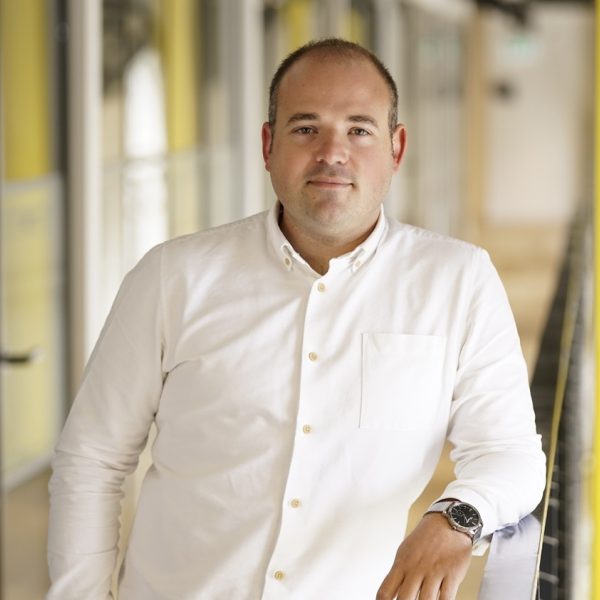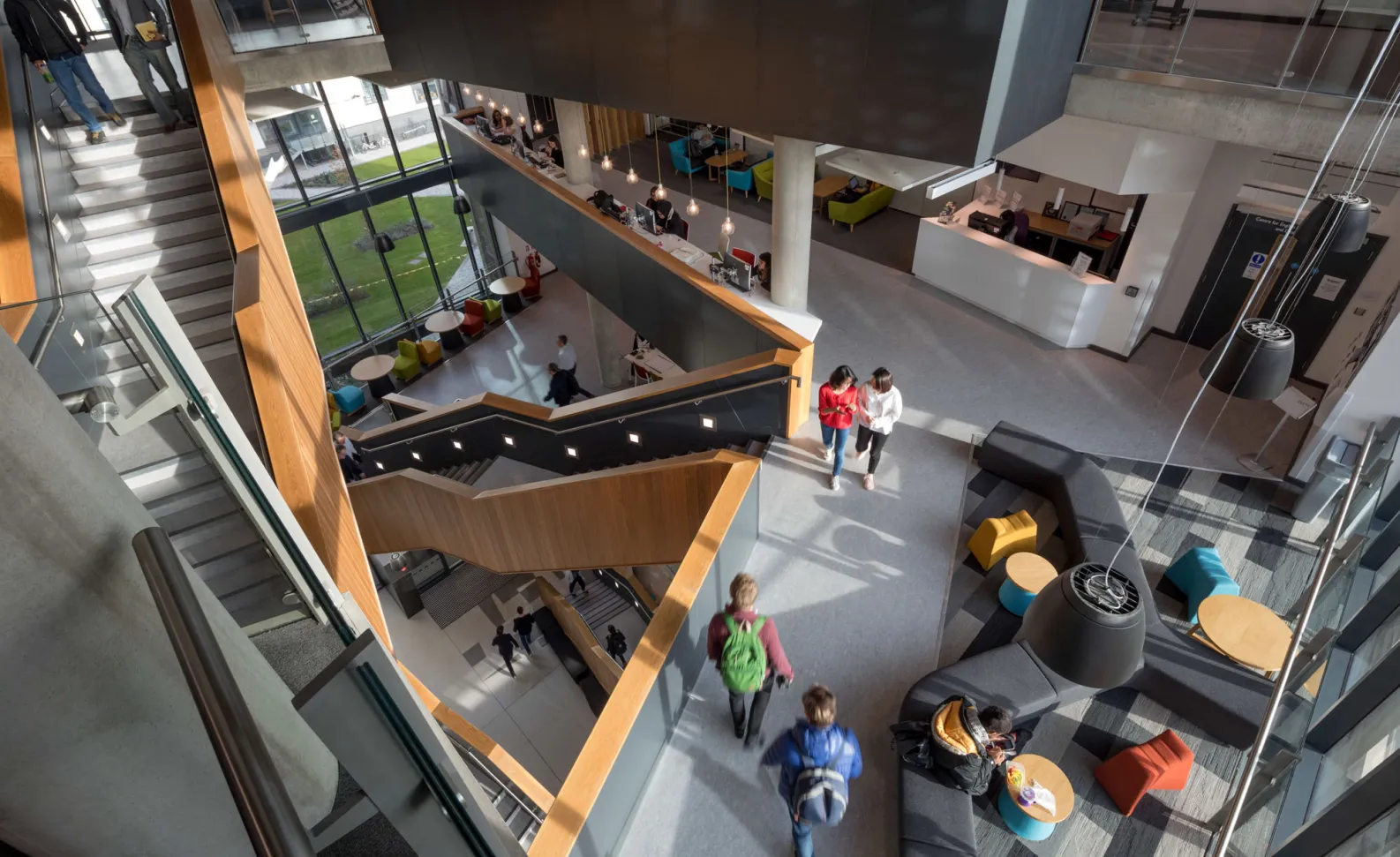Insight
Education Estates Net Zero Conference 2025
22 Apr 2025

Kieran Dyer
Director
Returning for the second year running, Kieran Dyer, director of architecture, attended the Education Estates Net Zero conference hosted at the London School of Economics.
With fresh energy and insight, the event reflected a growing maturity in the sector’s response to Net Zero and climate resilience.
Reactive to proactive estate strategies
The conference opened with an optimistic message from Dr Jonathan Dewsbury from the Department for Education, who spoke about the strategic shift that focuses on the ‘opportunities’ in the education estate and a drive for the industry to become more proactive than reactive in long term maintenance strategies.
The vision for the education estate was clear - to be safe, sustainable, suitable, and sufficiently sized.
One particularly striking statistic shared was: the difference between a “satisfactory” classroom and a “good” classroom has a 7% difference in GCSE outcomes. It’s a powerful reminder of our link between the built environment and educational achievements.
Building climate resilience and garden schools
The conference also emphasised the importance of enhancing biodiversity and a stronger connection with nature within educational settings. Concepts like ‘garden schools’ were discussed, offering children calming environments where they can explore the outdoors and benefit from improved wellbeing.
At Pick Everard, we recognise the huge potential these green spaces have to support better learning environments and support wider sustainability goals.
Grassroots action
Tom Deacon from Barker Associates and Will Atlee from LocatED shared insights from the Net Zero Accelerator Programme on behalf of the Department for Education.
The programme focuses on achieving Net Zero at scale, but importantly, it also highlights the role of grassroots engagement and encouraging schools to make energy efficiency part of their everyday culture. This back-to-basics behavioural approach was a refreshing take on real, lasting change that can be embedded from the ground up.
Fabric first
The notion of fabric first has been around long enough that it sometimes feels like a throwaway comment. But there was a lively debate on the validity of ‘Fabric First’ as an idea to meet energy efficiency and sustainable targets.
The consensus was clear: while Fabric First is still important, it cannot exist in isolation. Instead, it must be part of a wider, integrated approach that aligns with energy systems and maintenance strategies.
For example, if you’re planning to replace a roof, you’d want to look at enhancing the insulation and materials to improve energy performance and longevity, tying these upgrades into a broader Net Zero strategy. This way, maintenance cycles and Net Zero plans complement each other, allowing for incremental, manageable steps toward full decarbonisation.
Simple actions, such as installing photovoltaics (PVs) or upgrading insulation, may seem minor, but they all contribute to the overall journey. Every improvement, no matter how small, moves us closer to the goal of Net Zero.
An Optimistic Outlook for the Future
Overall, the mood at the conference was optimistic. We saw a sector more committed than ever, with some impressive projects already demonstrating meaningful progress towards Net Zero Carbon (NZC).
With new Department for Education funding announcements expected in June, there is renewed hope that investment will accelerate upgrades, maintenance, and redevelopment of educational facilities over the next five years.
At Pick Everard, we’re committed to delivering more with less on the journey to Net Zero carbon.
Our dedicated sustainability specialists work closely with our clients, design teams, engineers and consultants to advise and deliver energy efficient, holistic sustainable designs from the outset of every project.
To discuss your sustainability vision or Net Zero roadmap, don’t hesitate to contact us today.
Education
We are privileged to work on hundreds of education projects that are improving the lives of children and young adults from pre-school, right through to higher education.
